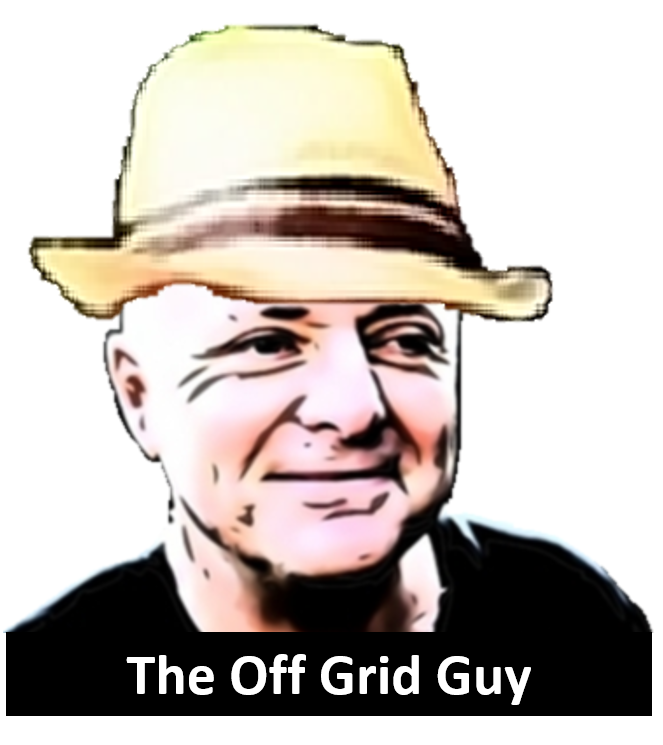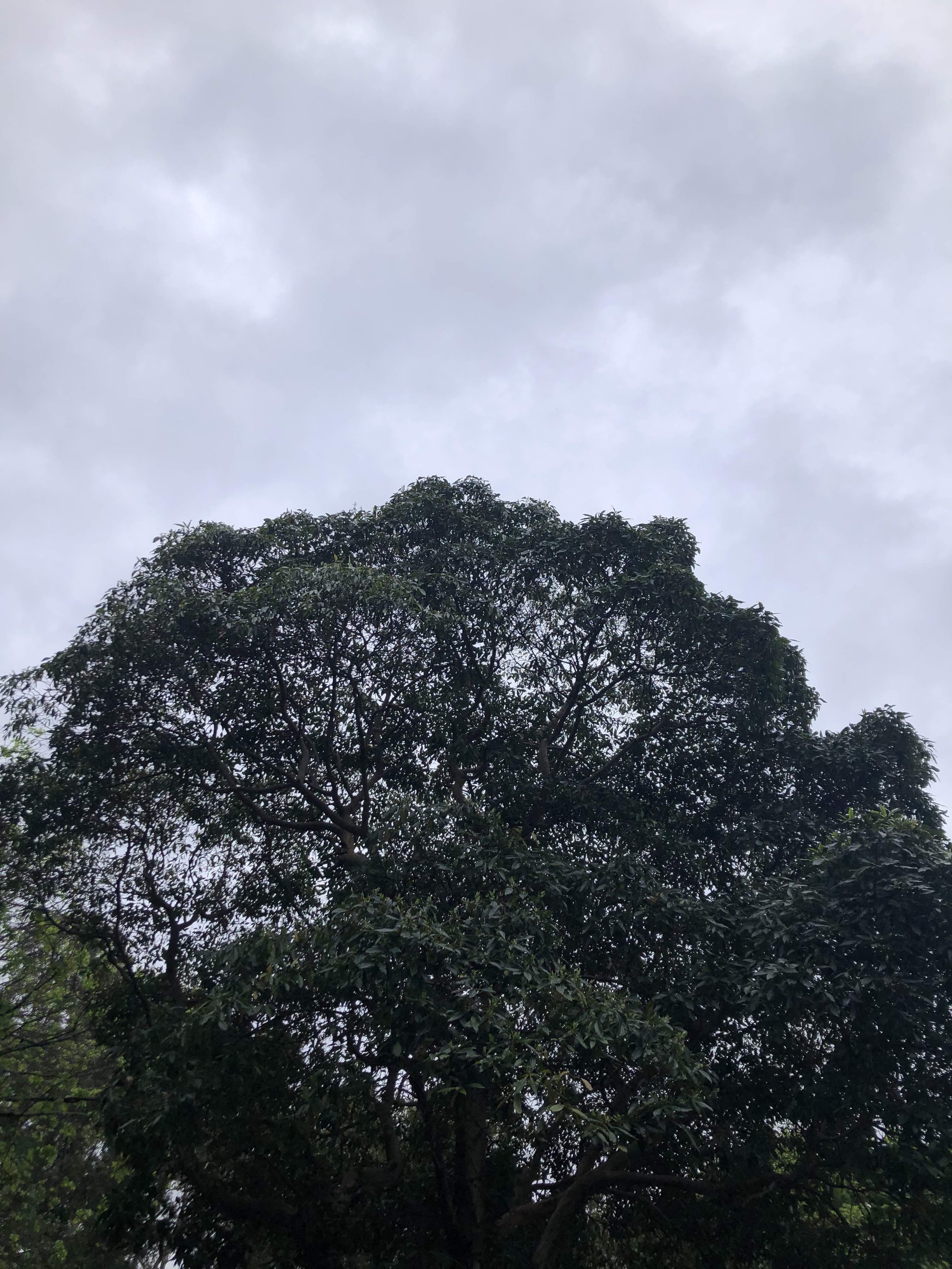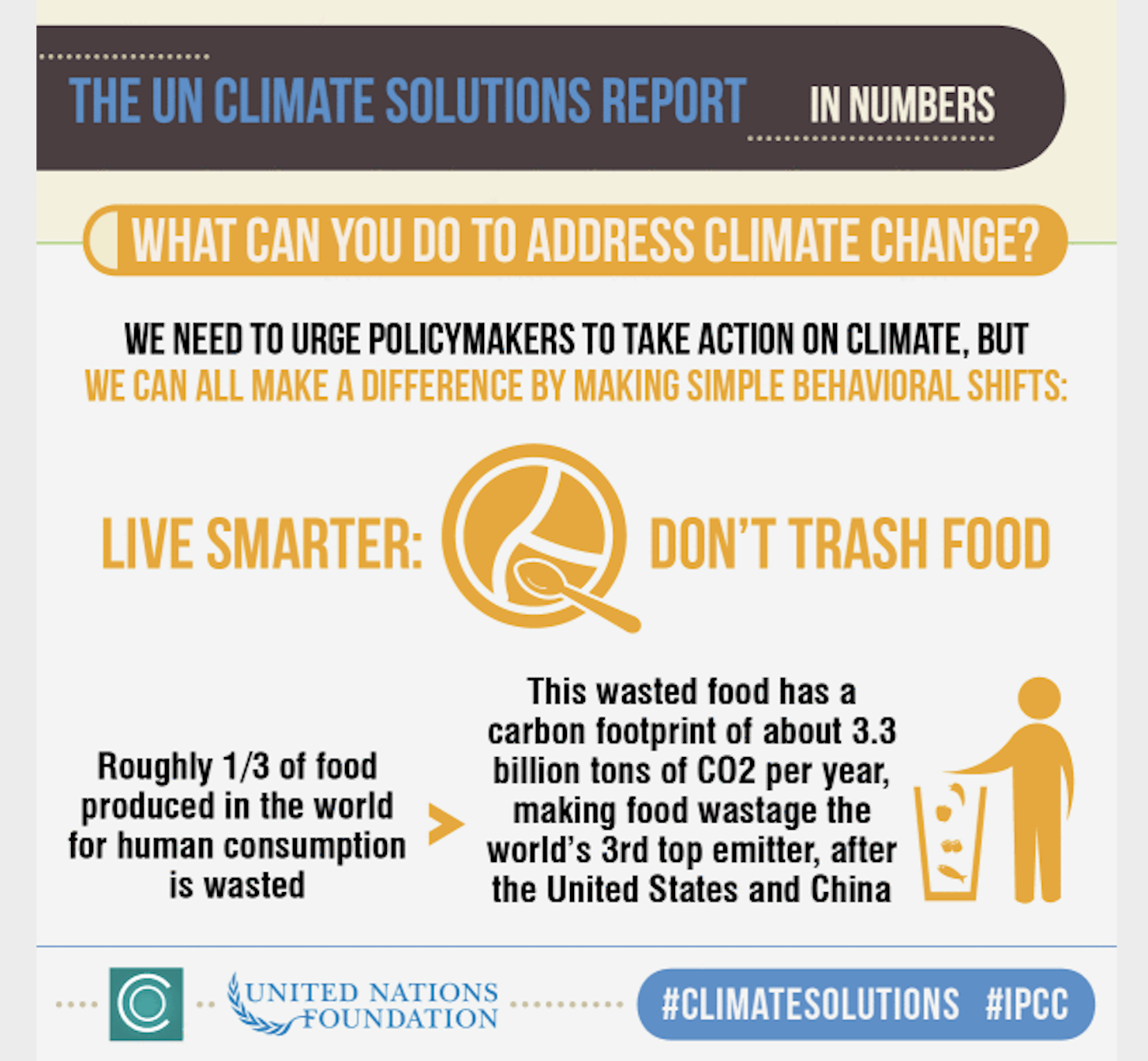“It has not only become socially acceptable for our leaders to lie, it is more or less what we expect them to do. You and I have been given the historic responsibility to set things right. Together, we can do the seemingly impossible. But make no mistake, no one else is going to do this for us. This is up to us here and now. You and me.”
Greta Thunberg, Glastonbury Festival, England, 25 June 2022
I have to do something for Earth every day
For some reason I have to do something for Earth every day.
For 72 years I’ve done my best to show my love for Earth. *
And every day I wonder, is this enough? Am I wasting my time?
A few years ago I decided Earth’s climate was collapsing so fast, faster than predicted by United Nations scientists, that I would leave the city where I live, Sydney, Australia.
That I would live simply, read, sing a bit, drink whiskey and grow my own food somewhere in the country. I didn’t expect to live longer than if I stayed in the city, just to enjoy more the gift of being alive.
In the city, every day, as I walk the streets where I live I see the failed footpaths, road verges and streets. The 23% of the land area of Chippendale that is roads and footpaths, the vast money that builds and repairs and cleans the streets are all designed to treat rain water falling there and from adjoining properties as a waste product and send it away as fast as possible to pollute the downstream Sydney Harbour at Blackwattle Bay.
I’ve learnt not to see this engineering and local government blindness, to instead look up at the trees, sky, birds, to avert my eyes and ignore the continuing failure to respect water, to keep it where it falls, by what is perhaps Australia’s most wealthy local council, so keen to use about itself the word, “sustainable’.
After all, this silly design is the design used for rain in all our cities even in our parks; Australian ‘experts’, engineers, designers, builders still have yet to land in Australia, somehow think water is irrelevant to living in the city and the design of things there.
It’s easy to keep rain where it falls; none of the torrential rain in Sydney this year has left my house.
The ‘renewed’ Victoria Park near me continues the silly ignoring of rain, with no absorption pipes beside any of the new paving which speeds up the overland flow and the flooding and pollution of Sydney Harbour.
• L to R - view downhill and view uphill of new path in Victoria Park, Chippendale. Both sides of the path lack an absorption grid and agricultural drainage pipe below it to absorb rain running onto and off the path, thereby speeding up and increasing pollution and flooding downstream to Sydney Harbour
My sense of the collapsing climate is it will be gone as we know it before 2025. (The U.N. scientists say this another way - that unless we stop new pollution by 2025 we will have lost any remaining chance of avoiding an unliveable climate in this decade.)
During the NSW bushfires three years ago, when the whole eastern Australia countryside had burnt as never before, I travelled by bus down south where I’d been looking at land to buy or rent. The last two hours of the bus trip was through black, burnt forest both sides of the road as far as I could see.
Seeing then that there is now nowhere to run I changed my mind and stay now in the Chippendale house I bought in 1978.
This week I cried when I read this quote from Greta Thunberg in an article prepared after two interviews over several months in the English newspaper, The Times, Being Greta Thunberg – the world’s most extraordinary teenager by Caitlin Moran - I see myself in these words:
“Some people believe that if they were to join the climate movement now, they would be among the last. But that is very far from true. In fact, if you do decide to take action now, you would still be a pioneer.
. . .
I think we are more or less morally obliged to be activists, but you can’t really earn a living on that.”
I cried most, though, when I read this from the journalist;
“Although this is a huge crowd of drunk people at a festival, she gives her speech to total silent concentration and attention. And, several times, to spontaneous, furious applause”
Towards the end of the article the author, Caitlin Moran, writes:
“Hope is taking action.”
I agree with her.
Most days I find hope in turning food decay into new soil.
To make new soil I turn or put out compost on our Chippendale road gardens.
The moment my fingers feel the compost auger turning the food waste my mind empties and registers only what my eyes see, my nose smells or my hands and body feel.
This easily found simplicity in me continues as I open one of the 15 compost bins where each week our community turns about 300 kg of our food waste into compost.
Gardening, composting, pruning, digging, planting and getting dirt on me renew me far more than does recycling, not owning a car, buying locally grown food direct from farmers, and such.
• Wasted food is the third most polluting ‘country’ after China and the U.S.
Guided by the U.N. and its scientists I know that, strategically, turning food waste into compost is the most powerful thing I can do to reduce the pollution that’s killing Earth. That’s because, when climate pollution is graphed by country, and the pollution from food waste is graphed as a country, it’s the third most polluting ‘country’ on Earth after China (which wins first place) and the U.S (which wins second place").
What do you do? If you have hope for Earth, where do you get hope from? Or, have you lost hope?
I’d love to know your story.
I’d welcome hearing from you whether you’re an ‘activist’ or not. I’d love to hear from you if you wish to comment here, write a guest blog here, or simply email me.
Michael
* In my twenties, as a lawyer, I sued the 7 uranium mining companies to stop uranium mining and to stop their advertising promoting it; with others I set up the NSW Environmental Law Association, then with others I set up the NSW Environmental Defenders Office (now a national law firm), edited the first edition of The Legal Resources Handbook (now the Law Handbook), then left the law, consulted to the NSW Parliament Inquiry (1993/4) into the future of Sydney Water, then made my house sustainable, then started growing food in Chippendale’s streets; wrote some books about the house and food; all for my love of Earth. But its not nearly enough, is it?




